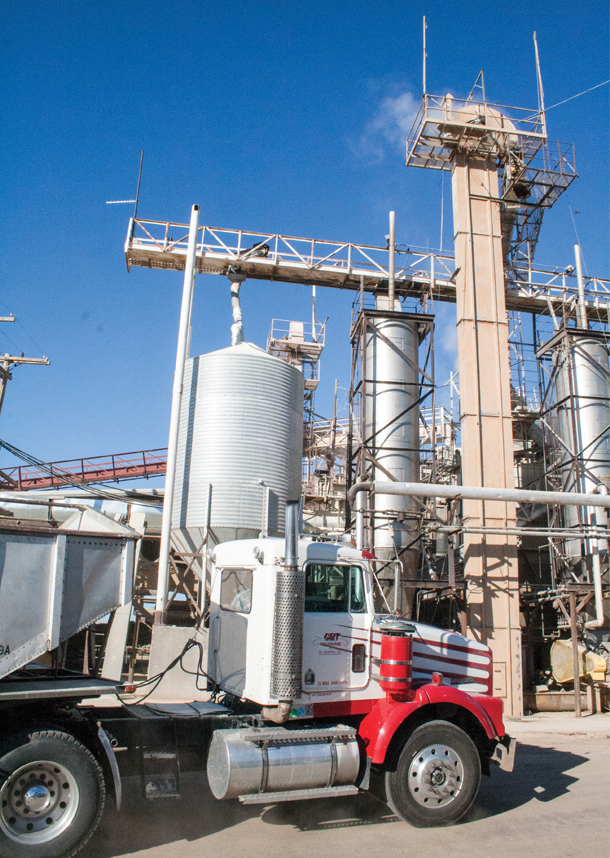What are the potential penalties faced by a person who violated the rules of the Veterinary Feed Directive?
Background

The Veterinary Feed Directive will make three significant changes to how medicated feed may be used by livestock producers. First, many drug labels are currently being modified to limit the use of the medication to therapeutic uses only as opposed to production uses.
Second, all “medically important” antimicrobial drugs will no longer be considered “over the counter.”
"Third, a producer must obtain a VFD form from a veterinarian before the producer may purchase certain medicated feeds falling under the definition of “medically important.”
In light of these changes, producers who wish to feed medicated feeds containing “medically important” drugs will face a number of steps that must be taken before the producer can even purchase the feed that will be given to the animals.
Potential penalties
If a person gives feed containing a VFD drug to an animal without a lawful Veterinary Feed Directive as required by law, it would violate the federal Food, Drug and Cosmetic Act (FD&C Act). Particularly, the feed given would be considered unsafe, adulterated and misbranded pursuant to the FD&C Act. Further, the animal fed the feed would be considered adulterated under the FD&C Act.
The penalties applicable to these violations of the FD&C Act are set forth by statute. The FD&C Act (21 U.S.C. Sections 331-334) would apply to violators of the VFD regulations. Violations of these provisions can result in the FDA seeking a variety of penalties including imprisonment, monetary penalties, injunctive relief and seizure of property.
If a person is found guilty of introducing unsafe, adulterated or misbranded products into commerce, he or she will face up to one year in prison and a fine of up to $1,000.
Additionally, persons committing more than one violation, or persons committing violations with the intent to defraud or mislead, face potential prison time of three years and a fine of $10,000.
Further, property, including food, that is adulterated or misbranded may be seized by the government. Finally, a veterinarian who violates the VFD rules could face liability under the FD&C Act but could also face penalties from the state veterinary licensing board.
These statutory violations can be extremely serious. Criminal penalties have been sought and obtained against persons found liable for introducing adulterated food into the market. For example, when a listeria outbreak was linked to a Colorado cantaloupe farm, the owners were charged criminally with introducing adulterated food into interstate commerce.
The owners were arrested by the U.S. Marshals Service and faced the possibility of up to six years in federal prison and a $1.5 million fine. Eventually, the owners entered into a plea deal requiring five years of probation, six months of home detention, 100 hours of community service and a $150,000 fine.
Conclusion
Although the new VFD rules are complex and will likely cause changes and additional paperwork for livestock producers, the potential penalties for violating the law could be extremely severe.
Producers should take care in the next year to ensure they learn and understand the drugs and feeds to which the VFD rules will apply, keep an eye out for changes on labeling related to approved uses and be careful to comply with the new rules and labeling. ![]()
PHOTO: Feeding operations need to establish a vet client patient relationship before administering antibiotics in feed. And those deliveries can’t be for growth promotion. Staff photo.

-
Tiffany Dowell Lashmet
- Assistant Professor and Extension Specialist
- Agricultural Law - Texas A&M AgriLife Extension Service
- Email Tiffany Dowell Lashmet








